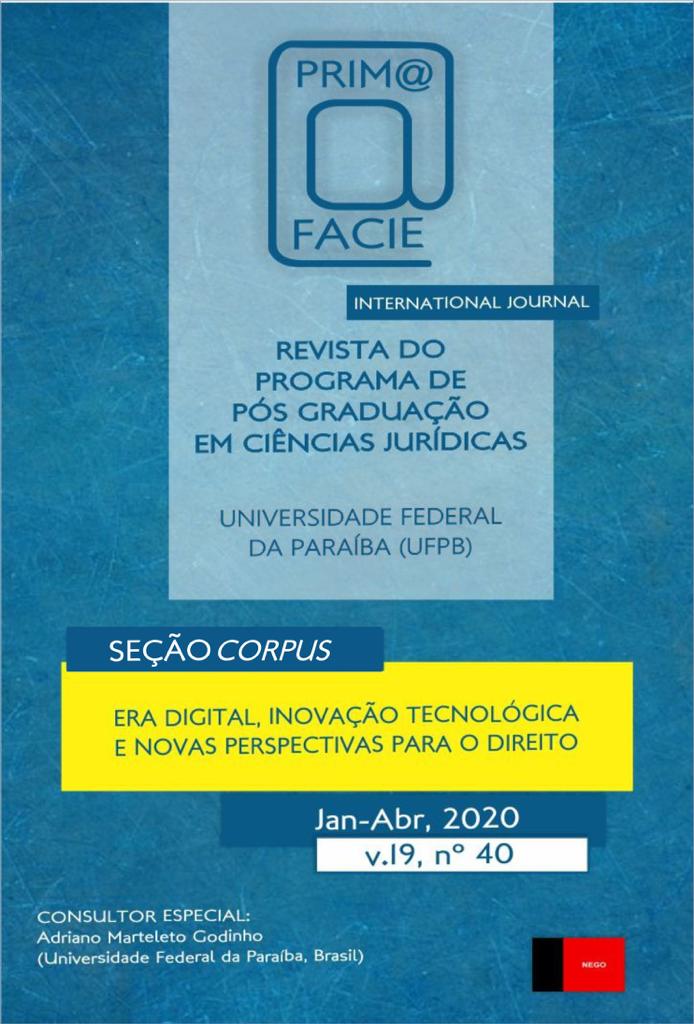Cyberculture And Informational Power In The Public Sphere: Crisis Of The Positivist Paradigm In Tax Law
DOI:
https://doi.org/10.22478/ufpb.1678-2593.2020v19n40.51047Keywords:
Cyberculture, Public Sphere, Informational Power, TaxationAbstract
Cyberculture imposes new paradigms on contemporary societies, arising from its disruptive potential of space-time and revealing a new power, the informational. Dialectically, this new context can be useful to the democratic environment and, however, demands responsibility in its exercise, including in the tax field. This article analyzes elements peculiar to the Information Society as factors in the development of cyberculture, the challenges that this scenario imposes on democratic development and the insufficiency of the positivist paradigm for the analysis of the current context. The research uses the legal-dogmatic approach that considers the law with methodological self-sufficiency, works with elements internal and external to the legal order and the Juridical Sociological research line, which proposes to understand juridical decisions in the wider social context. The article concluded that legal positivism cannot do without the underlying social reality in understanding the limited compliance with tax obligations and with the aim of mitigating the edition of irrelevant rules or capable of offering obstacles to the generation of wealth, which can potentially affect the promotion of social rights and other diffuse and collective interests.


